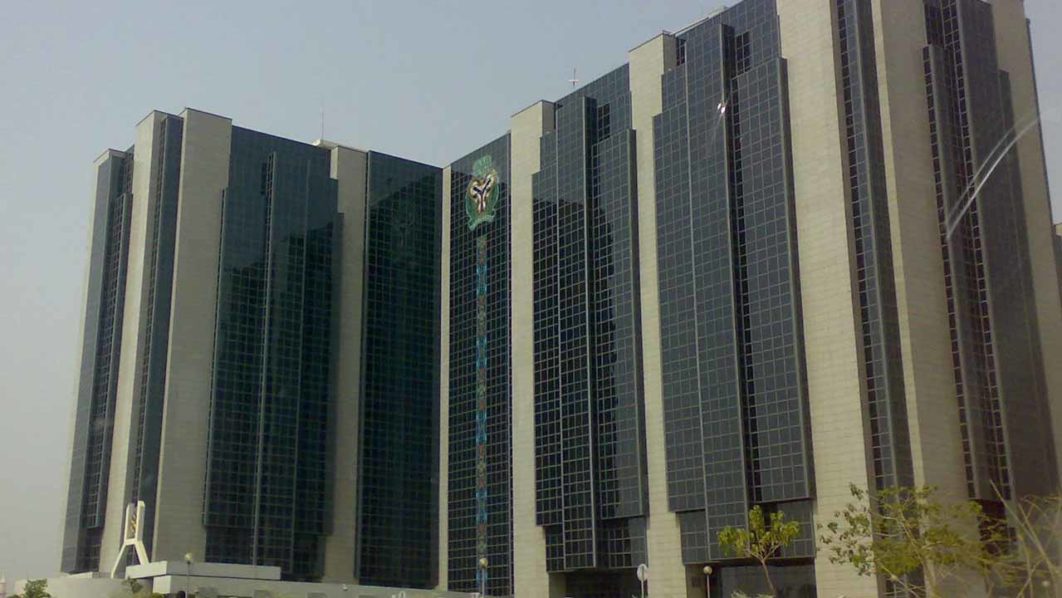The decision by the Central Bank of Nigeria (CBN) to cut down electronic payment charges by banks is crucial for its financial inclusion strategy as espoused in its five-year policy thrust and it is also a reassurance on its stance to protect consumers, writes James Emejo
Perhaps to the ordinary Nigerian, arguably, one of the greatest disincentives to banking is the various unjustified service charges, particularly in the use of electronic payment platforms, including automated teller machine (ATM) and point of sale (PoS) services as well as debit card maintenance charges, in recent times.
At a period when efforts are being made by financial regulatory authorities to deepen financial inclusion by enhancing access to financial products, the outrageous bank charges on consumers who utilise services could be a major drawback in the current efforts to bridge the percentage of adults who are excluded from financial services in the country.
Hapless Nigerians had continued to groan under all sorts of bank charges including stamp duty, intra and inter-bank transactions, deposit and withdrawal fees and account management fees-a development, which had heightened customers apathy to banking services, especially amidst the present economic reality.
Yet, financial inclusion seeks to deliver services at affordable costs to sections of disadvantaged and low income segments of the society.
The CBN, in collaboration with other stakeholders, had been implementing policies that would encourage more people to embrace digital financial services thereby cutting down on the cost of producing and managing the physical currency, with all its attendant negative consequences and the socio-economic implications.
Earlier in the year, CBN Governor, Mr. Godwin Emefiele, while unveiling his five-year policy thrust following his reappointment as the apex bank governor for the second tenure, stressed that the bank sought to “broaden access to financial services to individuals in underserved parts of the country.”
He said: “Our ultimate objective is to ensure that 95 per cent of eligible Nigerians have access to financial services by 2024.
“We will also intensify our financial literacy and consumer protection programmes such that current and eligible bank customers are fully aware of the financial services being offered to them as well as the cost of utilising these services, which will enable them to make well informed choices.”
He said: “Besides providing valuable information to banking customers, we are committed to developing and enforcing strong rules to protect consumers.







